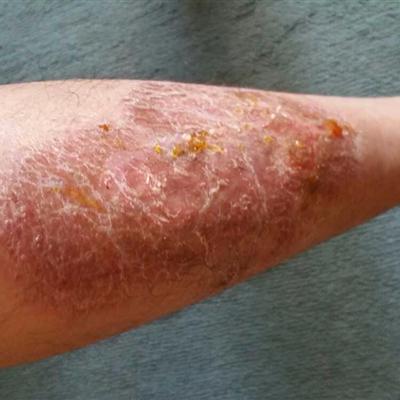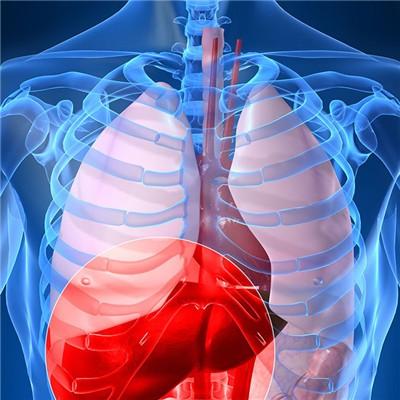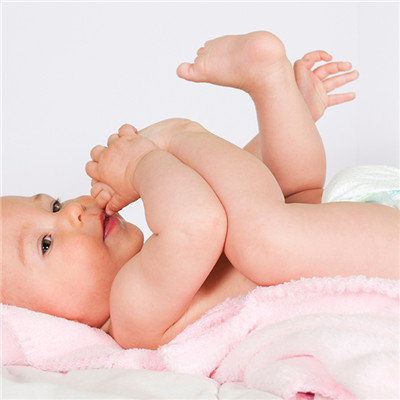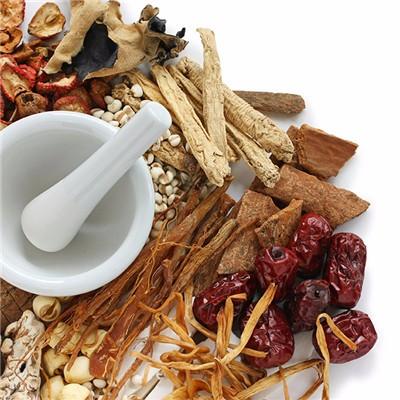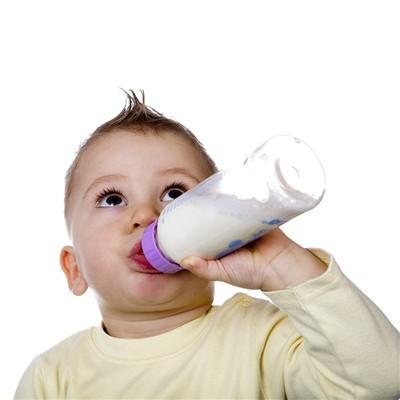Rotavirus gastroenteritis symptoms?
summary
Rotavirus enteritis is an acute gastrointestinal infectious disease caused by rotavirus. Pathogens mainly spread through the digestive tract, mainly in infants, often caused by group A rotavirus, the peak in autumn, so the name infant autumn diarrhea. Group B rotavirus can cause diarrhea in adults. Rotavirus gastroenteritis symptoms? Let's talk about it.
Rotavirus gastroenteritis symptoms?
The incubation period is usually 2-3 days. Acute onset, the main clinical manifestations are diarrhea, yellow watery stool, no mucus and pus, large amount, generally 5-10 times / day, more than 20 times / day in severe cases. Most of them were accompanied with fever, and their body temperature ranged from 37.9 ℃ to 39.5 ℃. 30% - 50% of the children had respiratory symptoms in the early stage.
Fever and respiratory symptoms were less in adults than in children. Other concomitant symptoms were abdominal distension, bellyache, abdominal pain, nausea and vomiting. Adult rotavirus infection may have general fatigue, pain, dizziness, headache and other symptoms.
Severe diarrhea can cause isotonic dehydration, metabolic acidosis and electrolyte disorder. The symptoms of weak, elderly and patients receiving immunosuppressive therapy were more severe. The course of diarrhea caused by rotavirus infection is short, generally 3-5 days, most of which are self limited. Chronic symptomatic diarrhea may occur in patients with immunodeficiency.
matters needing attention
1. To manage the source of infection, we should detect and isolate the patients early. Close contacts and suspected patients were closely observed. 2. Cut off the route of transmission, strengthen diet, drinking water and personal hygiene, do a good job in the disinfection of patients' feces: prevent drinking water and food from being polluted. The hospital should strictly do a good job in the disinfection of the baby area and neonatal room. 3. The vaccine to protect susceptible population against rotavirus can be used in clinic. During the epidemic period, the method of passive immunization for high-risk and susceptible groups also has a certain preventive effect. Human milk has protective effect to a certain extent. Breastfeeding should be advocated to reduce the severity of the disease.
